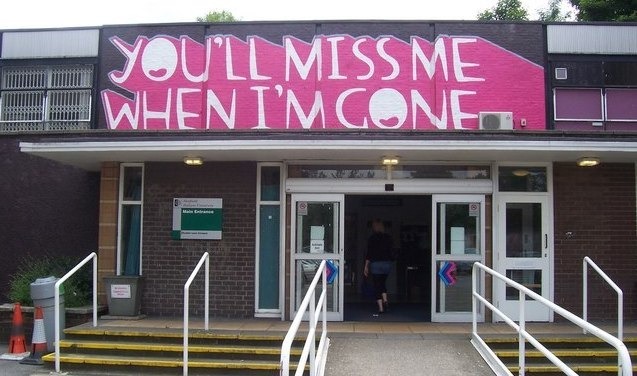
With the job of Prime Minister up for grabs, and the leadership race amongst the Conservatives tightening, the conversation in England has turned to a divisive subject: the value of a university education. The former chancellor Rishi Sunak has promised, were he to be voted in, to crack down on "low value" degrees. He thinks more emphasis should be put on the number of graduates in jobs, and earning potential. We all know that focusing on earnings would favour Stem subjects above the humanities. (Although a recent British Academy report indicates that there may not be such a huge gap when it comes to employability.)
It's a common refrain, that universities are not delivering sufficient "value for money", with "Mickey Mouse degrees" wasting both students' time and public funds. Meanwhile, the cuts to government subsidies for arts and humanities degrees announced last year have been called "one of the biggest attacks on arts and entertainment in English universities in living memory." Now we are beginning to see the significant effects of these funding reforms.
The announcement that Sheffield Hallam University will be cutting its English Literature degree sparked outrage in June, with Philip Pullman one of a number of writers who decried the move. He warned of the “mental and emotional and imaginative starvation” that comes from depriving people of literature and the arts. The University and College Union, meanwhile, have pointed out that the universities most vulnerable to cuts to creative arts funding are those with “a higher number of less well-off students”. The University of Wolverhampton has announced plans to cut 146 courses, including in fashion, performing arts, fine art and social sciences.
We have much to lose if the arts and humanities become the preserve of the privileged. As far back as 1964, the British historian J. H. Plumb warned in his celebrated book Crisis in the Humanities that the “gentlemanly arts” must “change the image that they present, adapt themselves to the needs of a society dominated by science and technology, or retreat into social triviality”. Since then, the expansion of higher education has broadened the portfolio of courses. But the pitting of the “trivial” humanities versus the “useful” sciences continues, in a false dichotomy that is weaponised when budgets need to be slimmed.
Proponents of “rebalancing” higher education often point to student demand. It’s true that according to the latest Ucas figures, humanities subjects have decreased in popularity over the last decade. English has seen a decrease from 10,020 acceptances in 2011 to 6,980 in 2020, while history and philosophy fell from 15,060 to 12,870. Yet students are now graduating with much higher levels of debt than they were a decade ago, and may be justifably more inclined to regard their degrees as strategic “investments”, with jobs in the arts likely to yield lower returns.
Sunak may be right that our university system could improve. Degrees should deliver for students, and not be a waste of time or cash. But we are best served by remembering the many kinds of value, including those that cannot be so easily measured: such not-so-trivial gains as empathy, creativity and open-mindedness.
This piece is a preview from our New Humanist autumn edition. Subscribe here.

